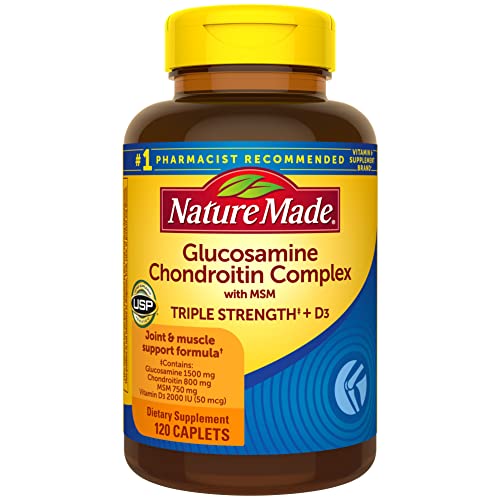MSM (Methylsulfonylmethane)
Overview
Methylsulfonylmethane (MSM) is a naturally occurring organosulfur compound (C₂H₆O₂S) that functions primarily as a dietary supplement. It is most widely used for its purported anti‑inflammatory and antioxidant properties, supporting joint health, skin integrity, and overall cellular function.
Chemistry
- MSM’s IUPAC name is dimethyl sulfone; its systematic name is (methanesulfonyl)methane.
- Molecular formula C₂H₆O₂S, molecular weight 94.13 g/mol.
- The molecule consists of a central sulfur atom double‑bonded to two oxygen atoms (sulfonyl group) and bonded to two methyl groups (‑CH₃).
- This sulfone functional group confers high polarity and water solubility (≈33 g/L at 25 °C).
- The compound is a non‑ionic, color‑less crystalline solid with a melting point of 109 °C.
- Its lack of chiral centers and simple structure make it amenable to industrial synthesis and easy purification.
- The sulfonyl moiety is the source of biologically active sulfur atoms.
Sources & Quality
- Commercial MSM is predominantly produced via oxidative oxidation of dimethyl sulfoxide (DMSO), a process that yields a highly pure, crystalline product (≥99 % purity).
- Small amounts of naturally occurring MSM are found in certain vegetables (e.g., cruciferous vegetables, onions) and in trace amounts in human plasma, but dietary intake is negligible.
- Manufacturing standards require USP/USP‑NF certification and verification of heavy‑metal and microbial limits.
- Good Manufacturing Practice (GMP)‑compliant facilities use controlled temperature and pressure to avoid residual DMSO or by-products.
- For consumers, third‑party testing (e.g., NSF, ConsumerLab) ensures product purity, absence of contaminants, and accurate labeling of the active dosage.
Where to Buy MSM (Methylsulfonylmethane)






Affiliate Disclosure: We earn a commission if you purchase through these links at no additional cost to you. This helps us maintain our research and provides you with the best supplement information.